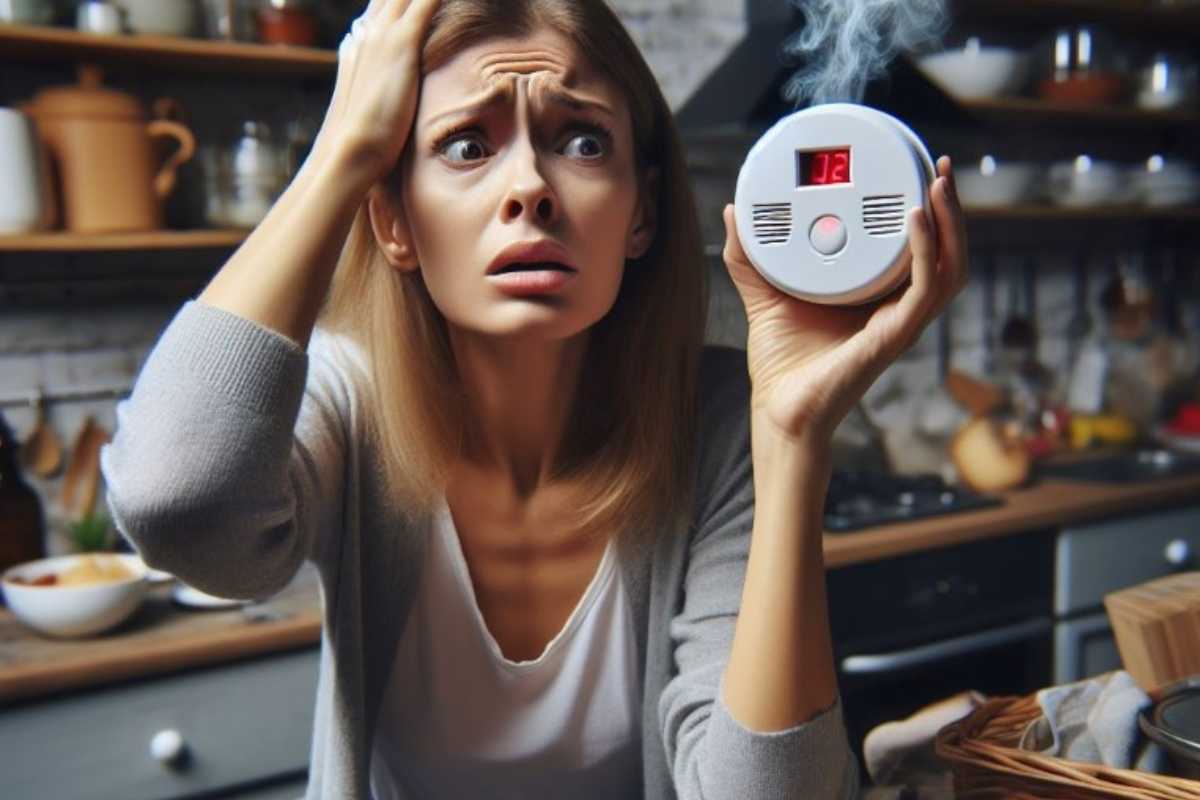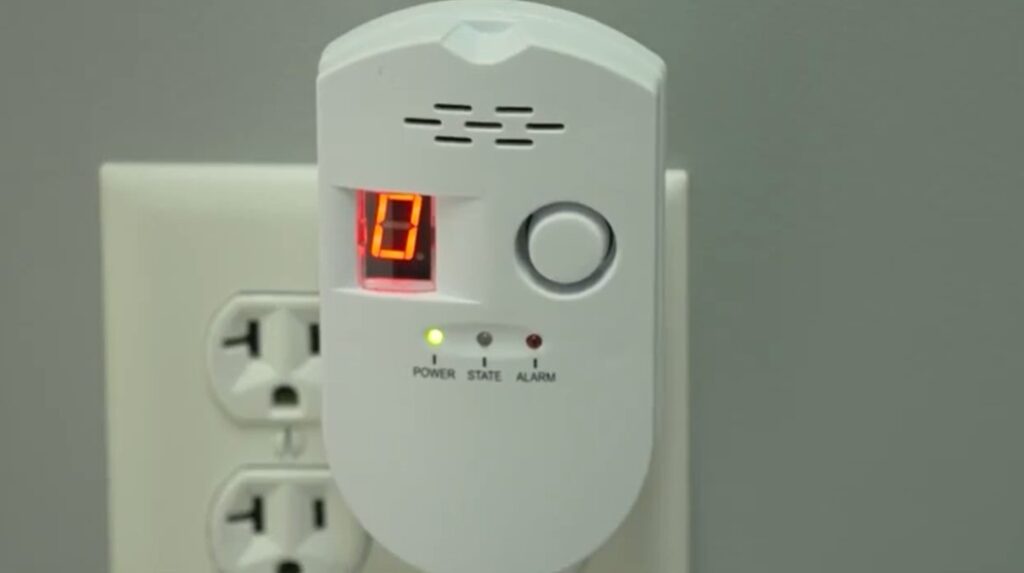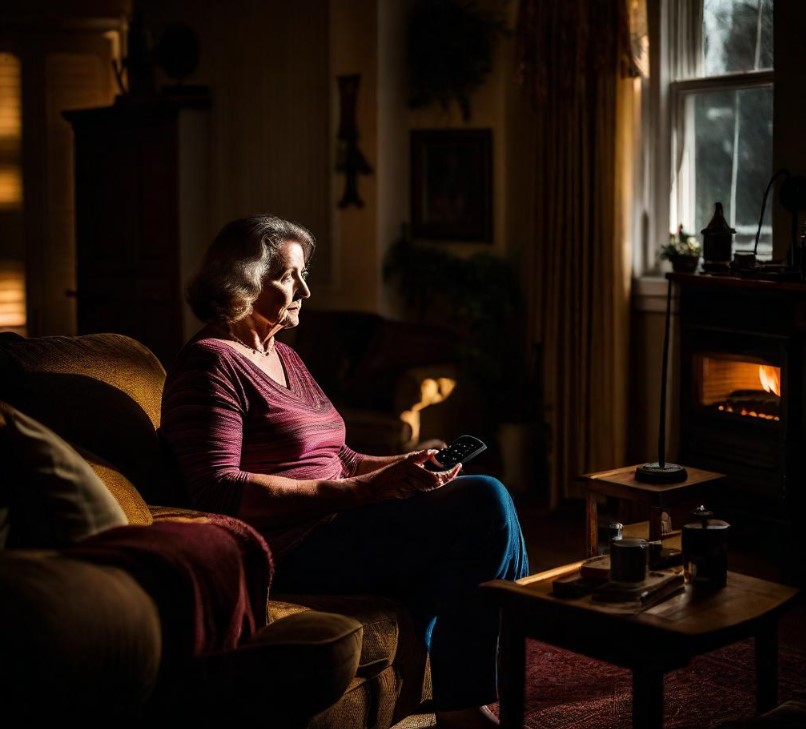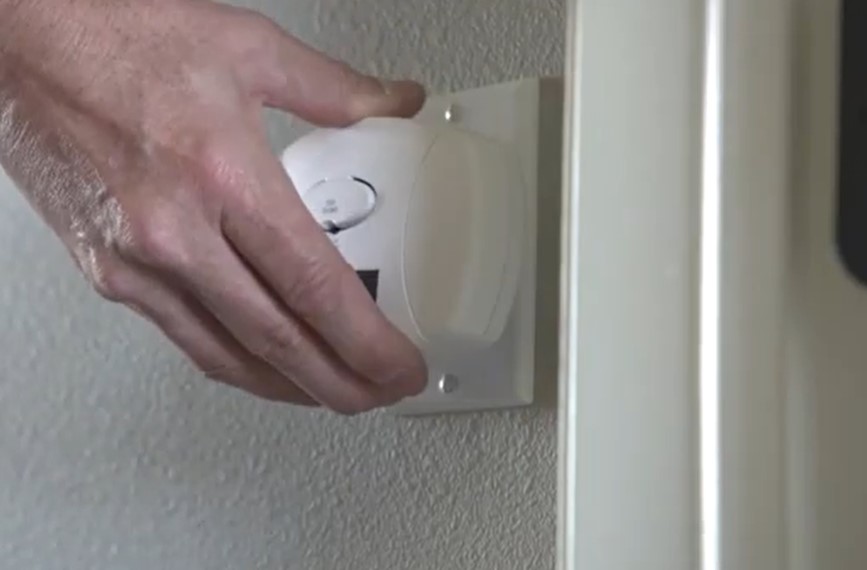Phone:
(701)814-6992
Physical address:
6296 Donnelly Plaza
Ratkeville, Bahamas.

Today, we’re going to talk about something really important: keeping our homes safe from invisible dangers like carbon monoxide and natural gas.
Carbon monoxide detectors are essential devices in any home, providing a crucial line of defense against the silent killer that is carbon monoxide.
But what about natural gas? Will carbon monoxide detectors detect natural gas?
Let’s delve into this question and shed some light on the matter.

First things first, let’s talk about carbon monoxide and another invisible gas called natural gas.
What is Carbon Monoxide (CO)?
Carbon monoxide (CO) is a colorless, odorless gas produced by the incomplete combustion of fuels such as natural gas, wood, gasoline, and propane. It is highly toxic and can be fatal if inhaled in large quantities.
What is Natural Gas (CH4)?
Natural gas (CH4), on the other hand, is a flammable gas composed primarily of methane. It’s a special type of gas we use to cook yummy food on the stove and keep our houses warm and cozy.
While it is a kinder gas as it does not produce carbon monoxide when burned efficiently, leaks can occur, leading to the buildup of this combustible gas in enclosed spaces.
How is Natural Gas Different from Carbon Monoxide?
Unlike carbon monoxide, which can make us feel sick, natural gas is usually safe when it’s trapped inside pipes. But if it escapes and fills up our homes, it can be dangerous.
Here’s a table summarizing the key differences between carbon monoxide and natural gas:
| Feature | Carbon monoxide | Natural gas |
|---|---|---|
| Chemical formula | CO | CH₄ |
| Color | Colorless | Colorless |
| Odor | Odorless | Odorant added (smells like rotten eggs) |
| Toxicity | Highly toxic | Not toxic in small amounts, but flammable and can lead to explosions |
| Detector | Carbon monoxide detector | Natural gas detector |
So, let’s talk about carbon monoxide detectors. Imagine them as tiny superheroes that sniff out a gas called carbon monoxide, which we can’t see or smell. When they find this sneaky gas, they make a loud noise to warn us, just like a fire alarm does when there’s smoke.
Carbon monoxide is a bad guy that can make us feel sick or even hurt us if we breathe too much of it. That’s why these detectors are like our little protectors, making sure we’re safe from this invisible threat.
Okay, now let’s peek into how these clever detectors actually work!

Now, here’s the big question: Can our superhero carbon monoxide detectors also detect natural gas?
While you should never ignore any potential signs of a natural gas leak, it’s important not to attempt to diagnose or fix the leak yourself. If you suspect a leak, your top priority is to evacuate the area immediately and call your local gas company from a safe location.
Here are some signs that might indicate a natural gas leak:
Smell:
Sound:
Visual:
Other:
Now, let’s talk about what we can do to stay safe from natural gas leaks.
Uh-oh, what should we do if we catch a whiff of that stinky natural gas?
By being aware of these signs and taking the proper precautions, you can help keep yourself and your loved ones safe from the dangers of natural gas leaks.

Now, let’s talk about how to pick the best superhero sidekick for our homes!

A 3-in-1 smoke, carbon monoxide, and natural gas alarm is a device that can detect and alert you to the presence of three potentially dangerous hazards in your home.
These alarms are essential for safety, as they can give you early warning of a fire, carbon monoxide leak, or natural gas leak, allowing you to evacuate your home and call for help.
Here are some of the benefits of using a 3-in-1 alarm:
Sometimes, there are rumors or myths floating around about gas detectors. Let’s bust a few!
Debunking Misconceptions: Contrary to popular belief, carbon monoxide detectors can’t sniff out natural gas. They each have their own special powers!
Ensuring Accuracy and Reliability: To make sure our detectors are reliable, it’s important to test them regularly and replace the batteries when needed.
While carbon monoxide detectors are invaluable in protecting against CO poisoning, they do not detect natural gas. Homeowners should consider investing in dual gas detectors for comprehensive gas detection and take proactive measures to ensure proper ventilation and maintenance of gas appliances.
Now, let’s answer some common questions about keeping our homes safe!
Can carbon monoxide detectors detect natural gas?
Nope, they’re like different superheroes with different missions!
What should I do if my carbon monoxide detector goes off?
Don’t ignore it! Get out of the house and tell a grown-up right away.
What should I do if I suspect a gas leak?
If you suspect a gas leak, evacuate the premises immediately, turn off the gas supply, and seek assistance from a qualified professional.
Are dual-gas detectors worth the investment?
Dual gas detectors offer comprehensive protection against multiple gas hazards and are worth considering for added peace of mind.
What are the symptoms of gas exposure?
Symptoms of gas exposure can include headaches, dizziness, nausea, fatigue, and difficulty breathing.
How often should I test my carbon monoxide detector?
It is recommended to test carbon monoxide detectors monthly and replace batteries annually to ensure proper functioning.